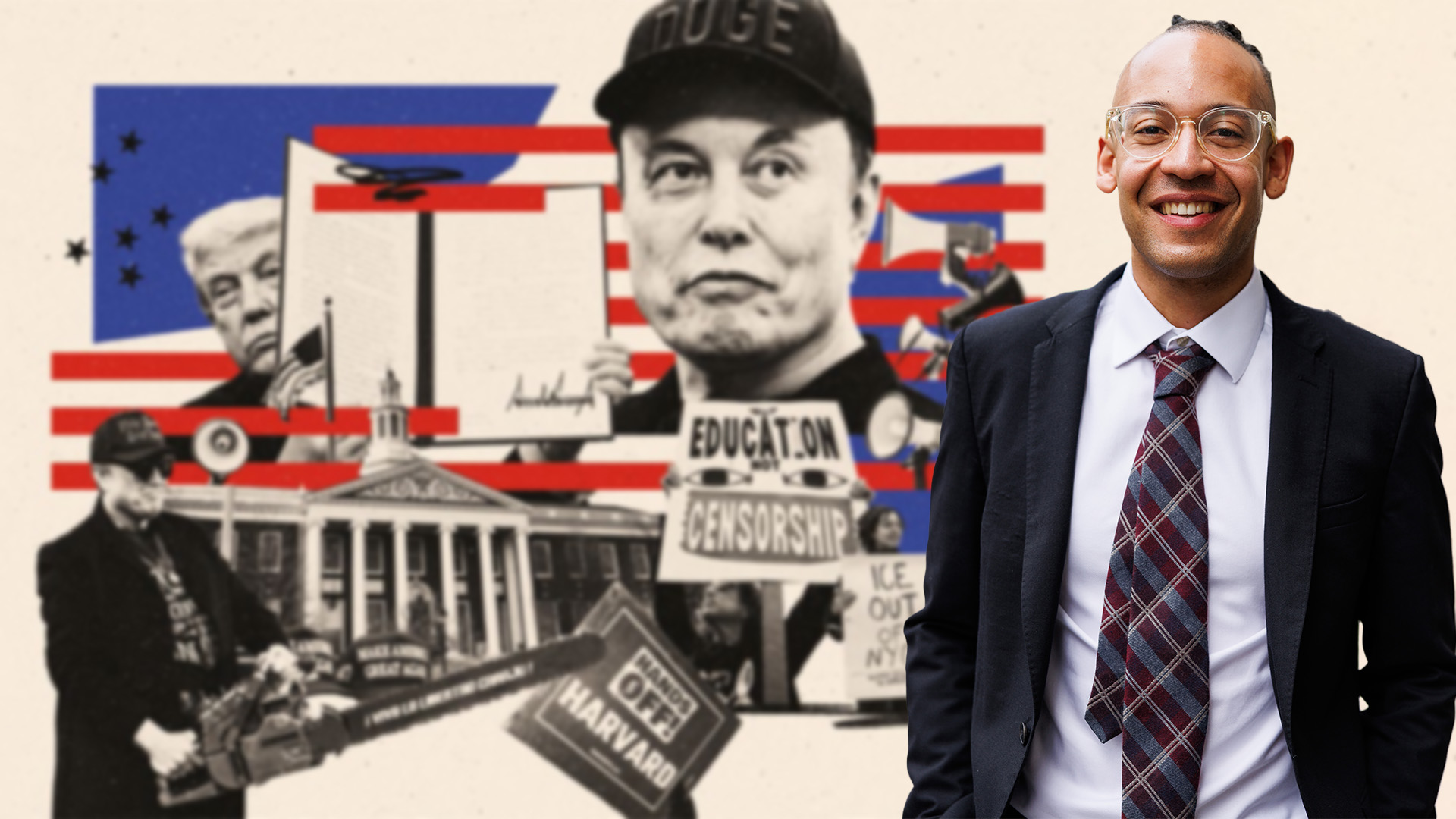David Gayle (SE 2020) is a former Master’s student at Selwyn; he is currently a Kennedy Scholar at Harvard.

I learned the news from a WhatsApp group chat on a Greyhound Bus from Boston to New York City: “Trump Administration ends Harvard’s ability to enrol international students”. I sighed, unsurprised by this latest bout of presidential grandstanding, and chalked its fate up to TACO — Trump Always Chickens Out. The government would surely change its mind once the reality of barring 7000 students from America’s richest and oldest university had set in.
But as my bus careered along the I-90, I thought about what it would all mean. I thought of my books, still lying where I left them on my bed in Cambridge, Massachusetts, pages dog eared for a future that suddenly felt uncertain. I thought of the summer role I’d just accepted in Maryland’s state government, and whether I’d make it to Annapolis. Most of all, I thought of my classmates at the Harvard Kennedy School, many of us from abroad, who had crossed oceans believing that the United States protected inquiry, not punished it.
That belief has been steadily eroding since March. It began with Trump’s suspension of major federal grants to Harvard — a move which signalled a government driven by ideology over progress. The wrongful detentions of Mahmoud Khalil (Columbia) and Rumeysa Ozturk (Tufts) then confirmed the administration’s strict intolerance for dissent. The assault on free expression and the intellectual diversity has now become business as usual.
Harvard University graduates exit the University's 374th Commencement ceremony in 2025. Demonstrators representing various organizations gathered outside the gates to show support for Harvard University amid its ongoing legal dispute with the Trump administration regarding the institution's ability to enrol international students.
My status as Trump’s bargaining chip feels especially surreal as a Kennedy Memorial Trust Scholar. The Kennedy Scholarship, the ‘living memorial’ to JFK, was created to honour his legacy and to sustain a lasting bond between the US and the UK through shared openness, diplomacy and education. The dissonance between the meaning of my place at Harvard and the toxic political environment I find myself in is not only bitterly ironic, but tragic.
While the feud between Trump and Harvard may in time be resolved, it’s doubtful whether faith can be restored in the US as a reliable destination. Returning for my internship this July, I plan to graduate in-person next May, but many others will be considering deferral or withdrawal from their programs altogether.
The Harvard visa episode has shown how a republic can reject the ideals of openness and exchange in the single stroke of a pen. The message I’ve received is one of enduring significance: ‘you are welcome here until you are not’.

